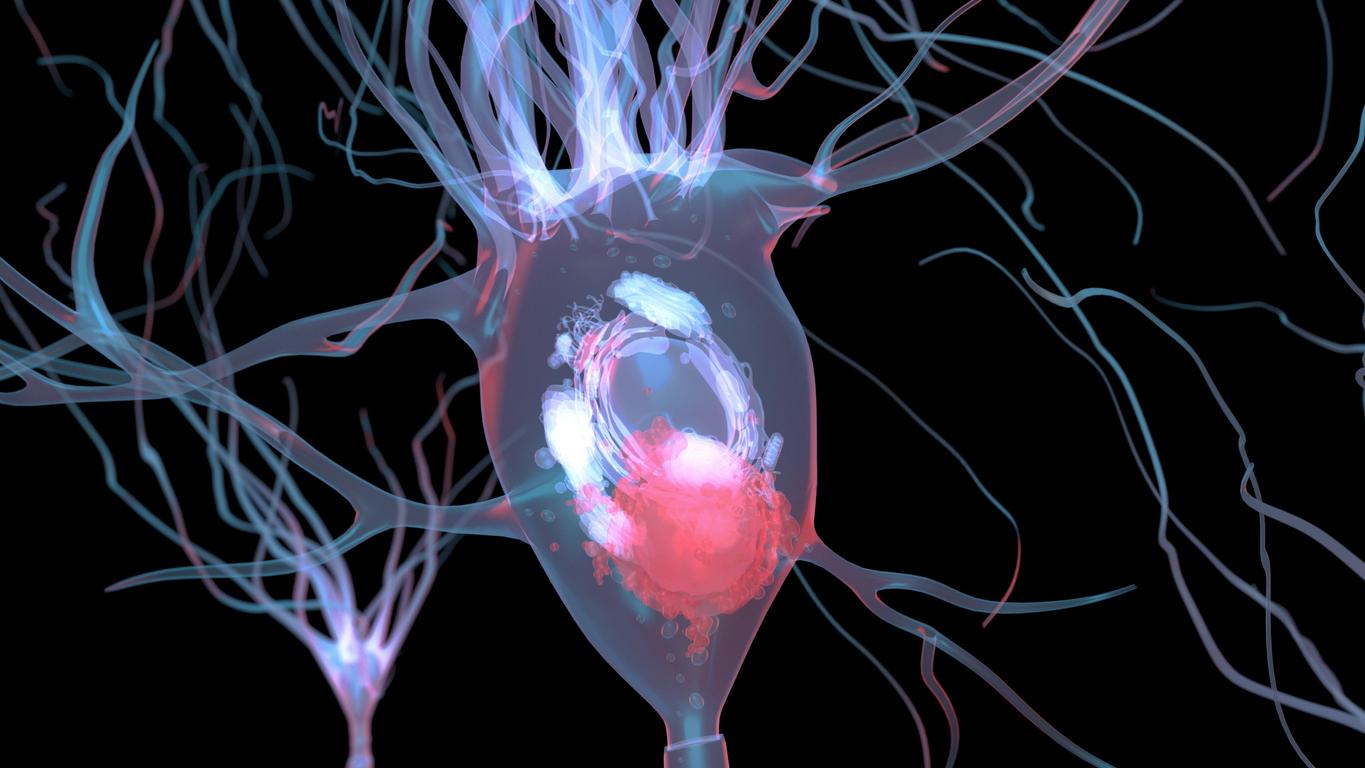This rare form of the disease is more aggressive. The first symptoms appear during the quarantine.

- About 900,000 people are affected by Alzheimer’s disease in France.
- Nearly 50 genetic mutations linked to Alzheimer’s disease have been identified worldwide.
In 1907, the German psychiatrist Alois Alzheimer looked into the case of one of his patients, suffering from muteness, memory problems, disorientation and hallucinations. He discovers the existence of amyloid plaques in his brain, and gives his name to the associated pathology. More than a hundred years later, knowledge about Alzheimer’s disease is constantly evolving. In Science Translational Medicine, researchers present a new discovery: there is a more aggressive form of the disease. In Sweden, several members of the same family have been affected.
A genetic origin
Called “removal of Uppsala APP”, named after the city where it was discovered, this form of the disease is associated with more brutal symptoms: those affected suffer from dementia more quickly, generally around the age of 40. This speed of the pathology can be partly explained by the greater speed at which amyloid plaques are formed. The various analyzes carried out on this family show that they have a deletion of one strand in the chain of amino acids, linked to the amyloid protein. “Imagine a pearl necklace that has become too short because six pearls are missing“, compare the authors of the study. The APP gene of the members of this family is no longer able to correctly code the chains of amino acids, and deposits of amyloid protein are formed in the brain.
How was the mutation discovered?
Seven years ago, two siblings in this family were diagnosed with early Alzheimer’s disease when they were 40 and 43 years old. One of their cousins was diagnosed with the same pathology some time later. The three members of this family had serious symptoms: they had great difficulty speaking and could no longer perform simple calculations. The doctors at the Swedish clinic made the connection with the father, whom they had discovered suffering from the same disease twenty years earlier. This allowed them to identify this new form of Alzheimer’s disease. “There is no data to suggest that other families carry the Uppsala APP deletion, although other forms of familial Alzheimer’s disease have been identified in Sweden“, they specify. If in this specific case, there is a genetic link between the different people affected, for the general population, the exact causes of the disease remain unknown.

.

















